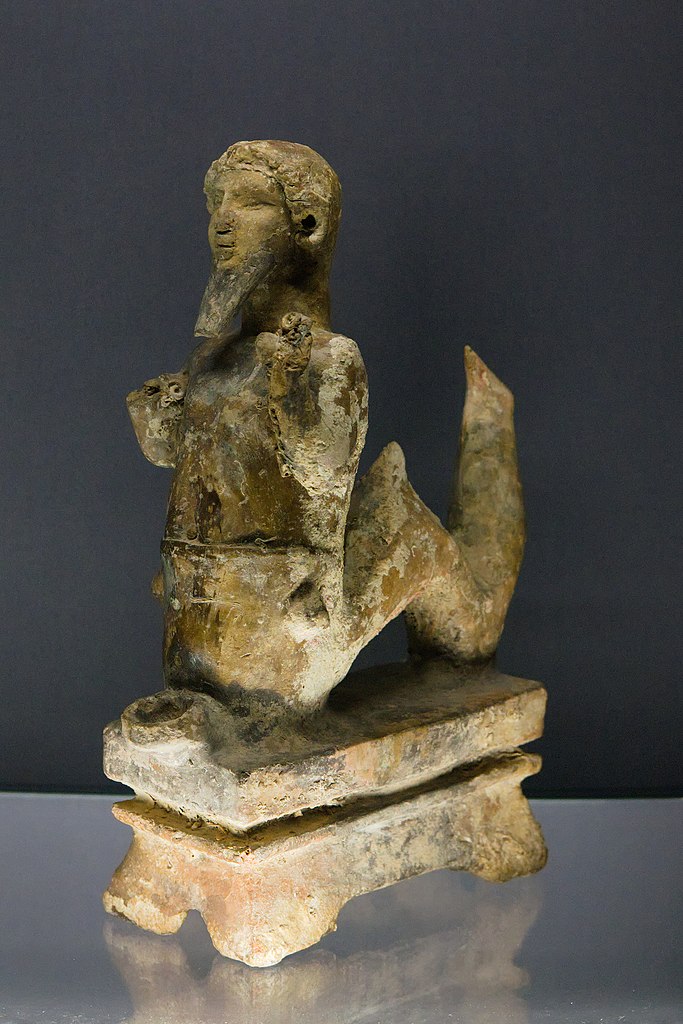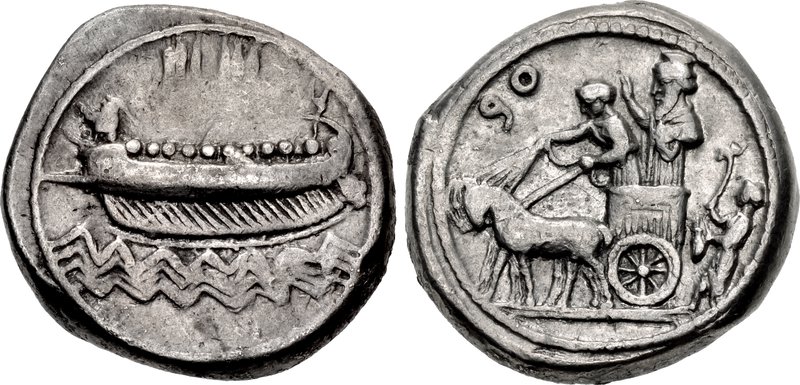Elijah and the Widow

What is the House of Omri?
The house of Omri is mentioned in both Biblical and non-Biblical sources. Omri was commander of the army for northern Israel and took the throne by a military coup. His family history is unknown. The Bible does not say which tribe of Israel Omri came from, which may mean he is not an Israelite, but a non-Israelite that served in the army. This might also explain why Omri's family had no great affinity for the God of Israel. The Bible record mentions that there was also a civil war after Omri took power from which Omri emerged victorious. He founded the new capital of the northern kingdom of Israel in a city called Samaria. The city has been excavated by archeologists, and it was quite grand during its day. When his son, Ahab, took the throne, he married a Phoenician princess named Jezebel, from the king of the city state of Sidon, and an important economic neighbor of Israel.

Osama Shukir Muhammed Amin FRCP(Glasg), CC BY-SA 4.0 <https://creativecommons.org/licenses/by-sa/4.0>, via Wikimedia Commons
Who was Ahab?
Ahab married Jezebel for political reasons, hoping to cement political connections between the wealthy trading cities of Phoenicia and northern Israel. Allowing the Canaanite worship of Baal into the country would have been another sign that the Phoenicians were welcome in the land. The Bible text says that Ahab himself worshipped Baal. It’s not clear from the text whether Ahab worshipped Baal exclusively, but you definitely get the feeling that Baal has his primary allegiance.
According to the Biblical text, by the time Elijah fled from Jezebel, he told God he thought he was probably the only worshipper of God left in the country. While God assured him there were others, it is clear the text is indicating that the worship of God was relegated to a small remnant or minority, while the worship of Baal proliferated during this time period.
Historically, King Ahab was known for his construction accomplishments, including palaces and city development.
What was Ahab and Jezebel's religion?
They would have worshipped the Caananite gods, the most important of which was Baal, the lord of rain and dew. He was also the storm god. You will notice that rain, dew, and water play an important role in the stories of Elijah, showing them to be under the control of YHWH, the God of Israel. The stories of Elijah begin with an immediate drought.
Baal was worshipped as early as the second millennium BC and was worshipped even as far as Egypt. Baal was seen as having connection to fertility and favorable outcomes in warfare.
Temple prostitution was a common practice associated with worshipping Baal. The Bible also mentions that child sacrifice was a known practice for Baal worshippers.

Royal Museums of Art and History, Public domain, via Wikimedia Commons
Who were the Phoenicians?
Phoenicians called themselves Canaanites in their own language. They were a collection of city states on the Mediterranean sea coast north of Israel. Tyre and Sidon were two of their major cities.
Zarephath was a town a few miles south of Sidon close to the Israel border. We know from history that the primary deity of Sidon was Baal, although Astarte was also an important god for the city. The town of Zarephath would not necessarily have been a safe place for a Jewish prophet who was totally against the regional religion.

Classical Numismatic Group, Inc. http://www.cngcoins.com, CC BY-SA 2.5 <https://creativecommons.org/licenses/by-sa/2.5>, via Wikimedia Commons
What was the social status of widows?
Widows and orphans were seen as weaker members of society who needed to rely on support from others. Many Jewish texts in the Bible talk about the importance of making sure widows and orphans are supported by the larger society. Certain Biblical prophetic texts criticize a society that enriches the rich and neglects the widows and orphans.
